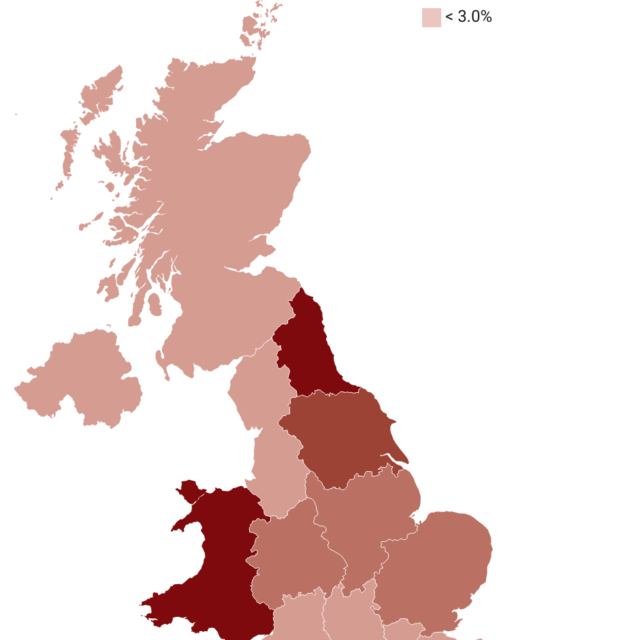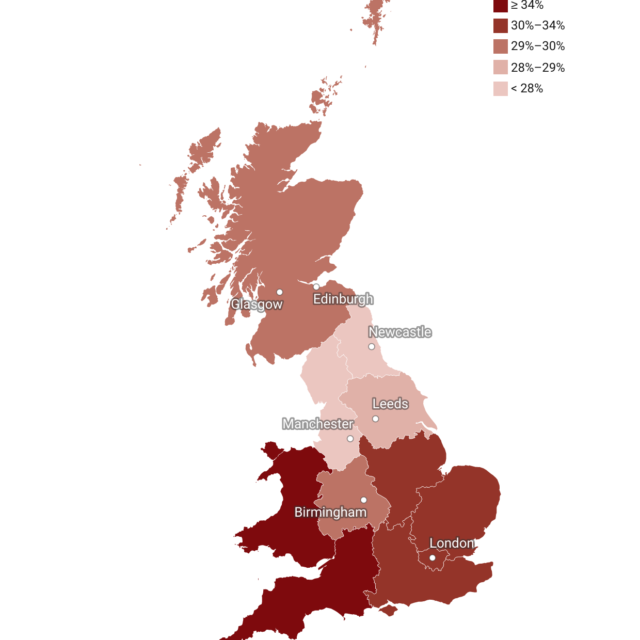Welfare reform: a plea for better journalism
I was at an excellent event last week organised by the Alliance for Useful Evidence entitled "Stats, Facts and Evidence: what role for evidence in the General Election and beyond." In discussion, I made the point that it was inevitable, whether we like it or not, that politicians would seek to present the evidence in the best possible light, occasionally to the point of misrepresenting it; but that journalists didn't have to go along with thi
I was at an excellent event last week organised by the Alliance for Useful Evidence entitled “Stats, Facts and Evidence: what role for evidence in the General Election and beyond.” In discussion, I made the point that it was inevitable, whether we like it or not, that politicians would seek to present the evidence in the best possible light, occasionally to the point of misrepresenting it; but that journalists didn’t have to go along with this. I gave an example: a number of people suggested I write it up, so here it is.
On February 10, the Telegraph published an article entitled “Against all odds, a welfare revolution is quietly underway”, lauding the introduction of Universal Credit. Nothing wrong with that, in principle, although the article did display throughout a lack of understanding both of Universal Credit and the existing benefit system. It was largely devoid of facts and figures, but it did contain two specific numbers, in one paragraph:
Successive governments have talked of building incentives into the tax and benefit systems to move people into work, yet they have failed to eradicate the culture of dependency in which many families have been trapped. Nearly three million people are still on the main out-of-work benefits, and most of these have been claiming for more than five years.
Both numbers are wrong; about four million are on the main out-of-work benefits and only about 40 percent have been claiming for more than five years. Moreover, the vast majority of those on benefit for more than five years are people on Employment and Support Allowance (ESA) who have been found by a medical test, more than once, not to be fit for work by reason of sickness or disability. So to suggest that the main reason they are still on benefit is lack of financial incentives is, at best, disingenuous. Even if it was, Universal Credit won’t make any significant difference, since it will not affect either the criteria for claiming ESA or the amount of benefit payable to those qualifying. And, as I have repeatedly highlighted, while the numbers on ESA and its predecessor benefit had been falling slowly but steadily since the mid-2000s, the catastrophic mismanagement of the system by Iain Duncan Smith means that they are now rising again.
So, the paragraph above is both factually wrong and, inadvertently or otherwise, highly misleading. I complained to the Independent Press Standards Organisation, and – after some toing and froing – a correction was duly published, addressing both points. You can find it online at the end of the original article.
Par for the course. But the genuinely revealing part of this episode was the original response from the Telegraph, refusing to publish a correction in the print version (they backed down in due course). I reproduce it here, verbatim:
You say the number of people claiming the main out-of-work benefits is ‘more than four million’, with ‘significantly fewer than half’ claiming for more than five years. Our article puts the absolute number and the proportion claiming for more than five years at ‘nearly three million’ and ‘most’ respectively. As a matter of simple mathematics, it is obvious that the numerical difference between these proportions cannot be significant.
More generally, the article is a comment piece. It is not about the specific data but about the principles underpinning the new welfare reforms. This statistic illustrates the writer’s point that ‘successive governments have… failed to eradicate the culture of dependency in which many families have been trapped’. Whether the correct number is three or four million, the point is demonstrably true. It is therefore not significantly misleading.
The writer of the article derived his figures from a transcribed briefing, rather than from the raw statistical data. We are content to accept your analysis, and as a gesture of goodwill we have amended the figures in the online article.
I make the following observations:
- The logic of the first paragraph is the following. “Yes, we got two numbers wrong. But if you multiply them together you get more or less the right answer. Therefore, our original statement wasn’t wrong, or at least not so that it matters.” To add a note of humour, the Telegraph takes it on itself to lecture me about “simple mathematics.”
- The second paragraph states that, in a long and sometimes detailed piece about welfare reform and the benefit system, it is the underlying “point” that matters; the accuracy or otherwise of specific numbers (for example on the number of claimants but presumably it could apply to any other fact or statistic) is irrelevant.
- The figures are from a “transcribed briefing”. This perhaps the most important point. What the Telegraph is saying is that the article was not based on any research at all; it was based on a briefing, almost certainly by a DWP Minister or Special Adviser. And the author of the article didn’t even both to check the numbers he was given, let alone the highly questionable assertions; he simply reproduced them.
- Finally, the Telegraph takes the view that it is under no moral or regulatory obligation to correct (undisputed) factual errors on its website; doing so is simply a “gesture of goodwill” to me personally.
The Telegraph has a perfect right to propound a particular point of view on welfare reform. But simply printing what a politician or their researcher tells you isn’t journalism.

















